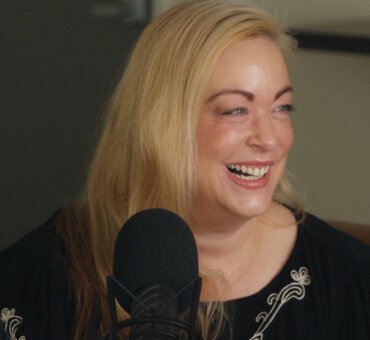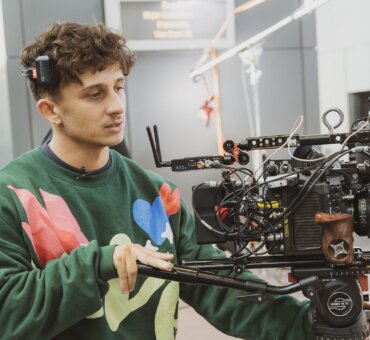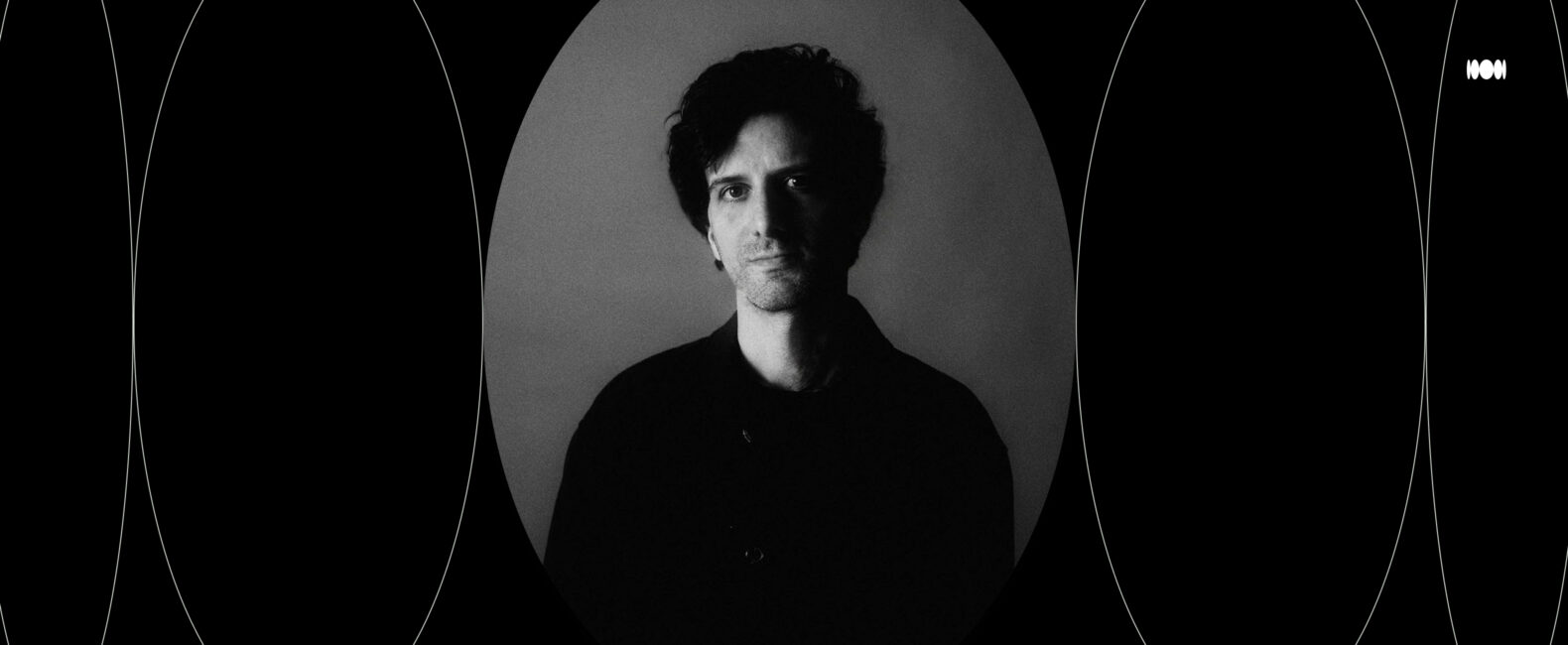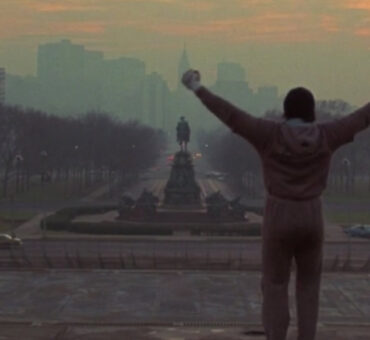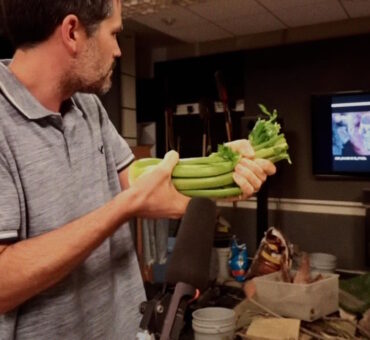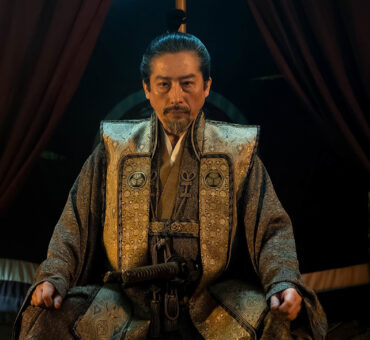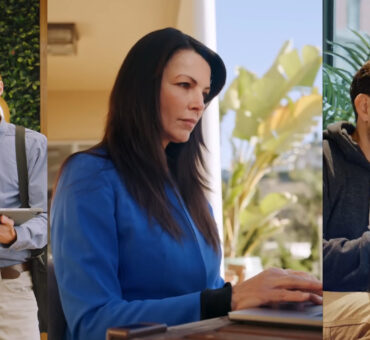When it comes to elevating storytelling, Stephen Cozzarelli knows that music is foundational. As the Head of Production at Bryght Young Things, he’s spent 15 years shaping the way films, commercials, and branded content come to life.
With production credits for Google, Nike, Lululemon, Disney, Coca-Cola, and McDonald’s, he’s seen firsthand how sound can make or break a project.
RELATED READS: Soundtracking Nike’s Soulful Ovation to Rory McIlroy’s Win at The Masters
Stephen shares his process for integrating music into film and advertising, how early decisions about sound can set creative teams up for success, and why producers need to own every part of the music workflow—not just the visuals.
MUSICBED: What initially sparked your interest in filmmaking?
Stephen Cozzarelli: It all started in college, making videos with my comedy group. At the time, I didn’t even think of filmmaking as a career path—we were just having fun.
But over time, I realized how much I loved the process. That’s when it clicked for me: I could turn this passion into a profession. Once I made that decision, I started pursuing opportunities and studying the craft more seriously.
What’s something you’ve seen lately where the music really elevated the storytelling?
Stephen Cozzarelli: I recently rewatched Rear Window. The piano player in the film adds so much to the mood and storytelling without ever feeling heavy-handed.
It’s subtle but effective—there’s a lot of depth there, probably even entire classes dedicated to it.
In advertising, we worked on a project with director Jonatán López for Serato. We used a track from the featured artist and blended in sound design from the scenes.
The result was something truly unique—completely different from what it would have been if we’d just dropped a track on top without considering the flow of the story.
Who in the industry do you think does a really great job at music selection? What projects has he/she worked on that lefdt a lasting impression on you?
Stephen Cozzarelli: Morgan Rhodes always stands out to me. I heard her speak once and was struck by her passion for discovering songs from lesser-known or forgotten artists.
On Dear White People, she created playlists for each character based on what they might realistically listen to. That kind of thoughtful approach elevates a project—it makes the music feel like part of the world, not just a soundtrack layered on top.
You can tell it worked because people actively searched for the songs from the show afterward.
Who has been a major influence or mentor in your career, and how have they impacted your approach to work?
Stephen Cozzarelli: Christine Vachon of Killer Films has been a big influence. I’ve read her books and attended her seminars, and they really shaped how I think about producing.
One line that stuck with me is: “You cannot be a producer unless you understand that it’s all your fault.”
That perspective taught me the importance of ownership—setting up a project with the right team, resources, and direction from the start.
RELATED READS: The Nitty-Gritty Art of Being a Producer
If something goes wrong, you’re responsible. That mindset has guided my approach ever since.
Speaking specifically to sound and music, what are some things you do for every project to ensure your creative team is set up for success?
Stephen Cozzarelli: It starts with putting in the time to find the right track—it’s not a quick process. We also try to get the stems for every song so editors and mixers can play with different elements.
Just as important is defining what we don’t want. We’ll talk through mood, instrumentation, and reference tracks. Instruments, in particular, are always a big topic.
We also try to lock in music early so that when the editor starts assembling the first cut, we’re already aligned on the direction—whether that’s style, BPM, or overall vibe.
What would you say the difference is between trending music in advertising and musical tropes? How do you help creatives break out of overused tropes musically?
Stephen Cozzarelli: Trending music often mirrors what’s in the top 10 charts, especially when brands want to hit a certain demographic.
That’s understandable, but we make sure to talk about what we don’t want just as much as what we do.
Tropes can actually be useful—they give you a starting point to approach things differently. When directors and editors collaborate closely, they can usually land on a direction that feels fresh.
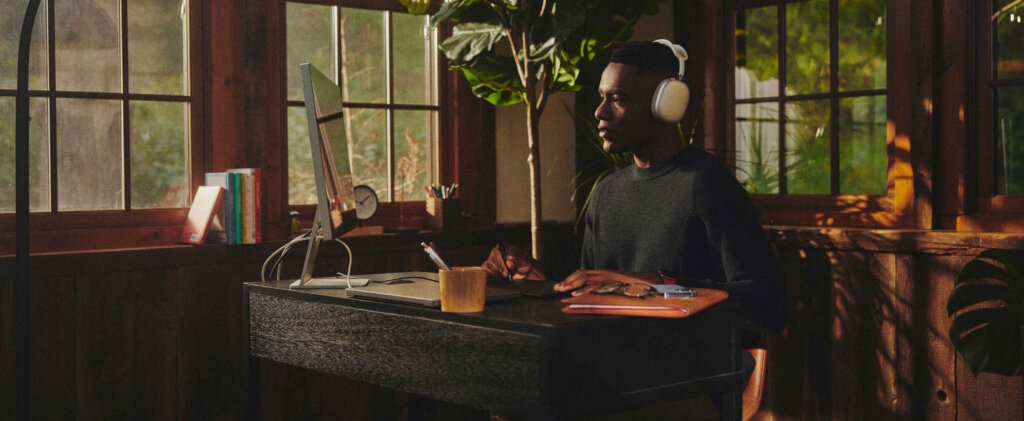
What’s your process of ensuring that music aligns with both creative and legal standards?
Stephen Cozzarelli: We always make sure that any track we’re considering is cleared for the intended usage. That’s where our music supervisor or licensing platform comes in—they can vet options based on our references, intended use, and budget.
RELATED READS: Essential Guide to Music Licensing for Indie Filmmakers
Occasionally, we’ll ask for options outside our budget just to see what’s possible—sometimes the right track is worth pushing for if it elevates the work.
What does music/sync licensing look like in five years from now? What are things you’re excited about? What are some things that make you nervous?
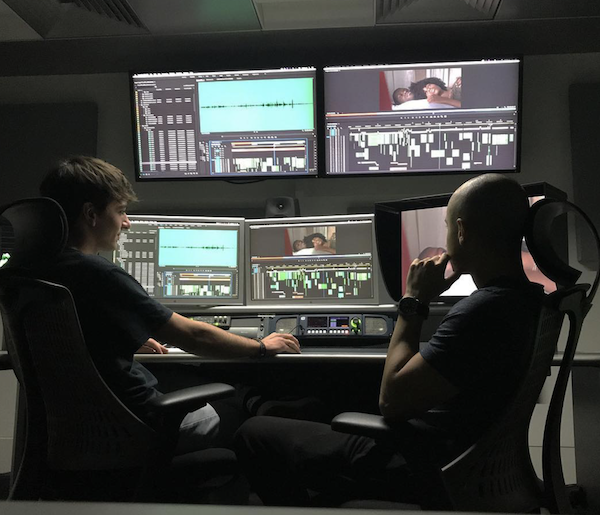
Stephen Cozzarelli: Short-form content and social media will keep driving demand for easily licensable music. I love that it’s getting easier to work directly with artists and labels to license original music.
AI is also changing the landscape—sometimes for the better, especially when it helps us discover music faster.
RELATED READS: Musicbed’s AI-Powered Search Cuts Your Music Discovery Down To Seconds
But I’m a bit wary of AI-generated music taking over. There’s a human element in music that can’t be replicated by machines, and I hope that remains the standard for creative work.
What is it about Musicbed that stands out to you? Why would you recommend Musicbed as a resource for creatives in advertising?
Stephen Cozzarelli: Musicbed has an extensive library that feels curated—not just a pile of tracks. I appreciate that we can give them our budget, usage requirements, and general direction, and they’ll help narrow things down.
There’s nothing worse than finding the perfect song only to discover it’s way outside your budget.
Musicbed simplifies that process. Whether you’re new to music licensing or just want help finding the right track, it’s a resource I’d recommend every time.
Music Curated by Stephen Cozzarelli
Here’s the music that helps Stephen get into his creative flow state.


